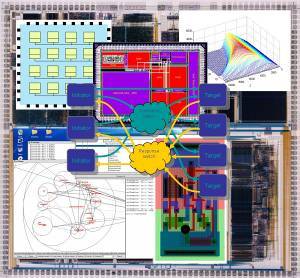
New Security Protocol For M-Learning
Lirong He, Lisha He, Ian Rogers
Abstract
Mobile Learning (M-Learning) is a new application for wireless technology. By using a wireless network to access the computer network, learners around the world can participate in cooperative learning activities sharing course information, and teachers can change and update the information easily. The course information may be of various digital multimedia types, such as in the form of text, graphics, image, and/or sound. M-Learning will become increasingly important as mobile learners increase.
M-Learning enables mobile learners to access Internet services while on the move, anywhere and anytime. The information of a learner's assessments, feedback, learner records, homework, the answers of exams, and payment is an essential part of M-Learning. Security provision for M-Learning is an open and challenging research problem due to user mobility, limited resources in wireless devices and expensive radio bandwidth.
To achieve secure M-Learning while at the same time not to impose much computational, communication and storage requirements on mobile devices, we envisage an asymmetrical approach. To demonstrate the efficacy of this approach, we have designed a new protocol for improving the security of M-Learning with existing wireless and Internet technologies. The new protocol facilitates mutual authentication, to secure M-Learning, but differs from current approaches that provide mutual authentication through extensive use of computationally expensive cryptographic primitives such as public-key algorithms. It is able to provide the required security services with the assistance of the mobile network providers and the use of inexpensive cryptographic functions, such as symmetric cryptography and hash functions.
This paper presents work on the design of the new protocol. The study and evaluation demonstrates that the network operator assisted approach used in the new protocol design is efficient for mobile learners, and significantly better than current related protocols. The approach allows the provision of security and M-Learning services with very little increase in computational requirements.
Paper PDF (77K) Presentation PDF (275K)

